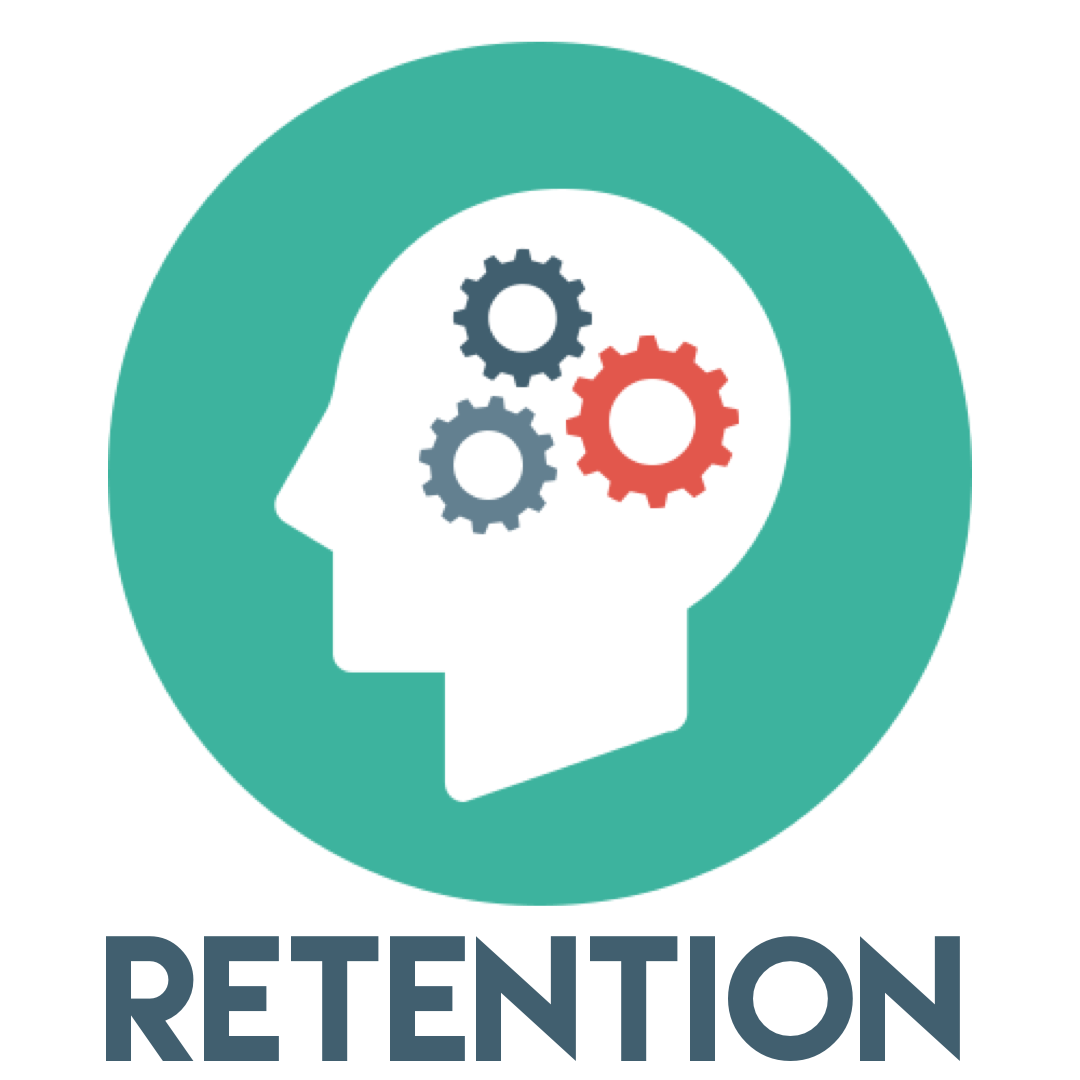Overview of Content
Definition: Understanding the behavior of an individual in a social context.
Social psychology helps us understand how groups and society affect people’s thoughts, feelings, and actions. From the history of social psych theories to key terms, social psychology can teach you how and why we do what we do.
Different Definitions of Social Psychology
The definition of social psychology differs depending on who is defining it. Here are some of the popular definitions for the term.
From The American Psychological Association: “The branch of psychology that studies the effect of social variables on individual behavior, attitudes, perceptions and motives.”
From The Society for Personality and Social Psychology: “Social psychologists seek to unravel the mysteries of individual and social life in areas as wide-ranging as prejudice, romantic attraction, persuasion, friendships, helping, aggression, conformity, and gorup interaction.”
From Merriam-Webster: “The study of the manner in which the personality, attitudes, motivations, and behaviors of the individual influence and are influenced by social groups.”

The Importance of Social Psychology
Social psychology is important because it helps us understand how people work in relation to others. Personal psychology tells us about how individuals think, feel, and behave. However, years of research tells us that people have very different thoughts, feelings, and behaviors when they are in a group or when they are on their own.
The APA notes that social psych is important because it helps us understand how people form attitudes toward one another and how such attitudes may be harmful. We can turn to social psychology In order to fully understand systems like prejudice, intolerance, and discrimination. Once we understand these systems we can start to figure out how to create a more equitable society.
Even if you aren’t interested in issues of social justice there are plenty of reasons to care about social psychology. Researcher and author Dan Ariely has made a career out of helping people use these principles to their advantage. In his book Predictably Irrational he talks about how social psychology can help us understand consumer economics. He also discusses how we can use this understanding to create better marketing strategies, become smarter consumers, and invent improved corporate structures.
Social psychology matters because we are constantly interacting with the people around us. If we want to be successful in those relationships we need to understand what exactly is going on.
Social Psychology Theories
There are hundreds of theories within the broader category of social psych. The following are a few theories that are particularly important to know and understand.
Social Learning Theory
Albert Bandura began formulating his Social Learning Theory in the early 1960’s. Based on his research, he proposed the idea that the way people actually learn is by observing and imitating other people.
Key concepts:
One of the big takeaways from this theory are the Necessary Conditions for Effective Modeling. Essentially, they state that in order for someone to effectively learn behavior the following conditions must be met.
- Attention: They must pay attention to the modeled behavior
- Retention: They must then remember what they paid attention to
- Reproduction: They must be capable of reproducing the behavior that they observed
- Motivation: They must have an incentive to imitate the behavior. Incentives might include past reward, perceived future reward, or witnessing someone else get a reward from this behavior.
Research
One of the most famous experiments conducted by Bandura and his colleges was the Bobo doll experiment. The study was set up such that young children observed adults interacting with a large clown doll. Some adults would treat the doll kindly and gently and others would punch or hurt the doll. After watching the adults interact with it children were given the opportunity to play with it. Here is what they found: kids who saw adults beat up the doll were more likely to also beat it up. Conversely, children who saw people model kind behavior were more likely to treat the doll with gentleness. The takeaway is simple, children learned the behavior because they observed it. You can click here to see footage from the 1961 study.
Applying this Theory
In order to take what you have learned here and practice it you might start to think about how you act in front of other people. This is especially true if you have children, students, or other people who are looking up to you. If you want children to be quiet you can model speaking in a quiet voice. If you want your students to share with one another show them how you share with people. This works for adults as well. If you want someone to act a certain way, you are better off showing them that good behavior rather than just asking them to change.




Social Exchange Theory
Social Exchange Theory posits that in relationships people are concerned with rewards and costs. Essentially, in any interaction I must give up something of value in order to gain a reward. The theory claims that people are happiest when there is equity. That is, both people in the relationship have roughly equal costs and rewards.
Key concepts:
- Exchange: trading something of value for a reward
- Rewards – Costs: when there are more rewards than there are costs the outcome is positive
- Inequity: when my costs are greater than your costs or your rewards are greater than my rewards
Research
There is mixed research on social exchange theory. Some research shows that people feel less satisfied in relationships when their costs are too high. However, more recent research has shown that relationship satisfaction is based on other factors than just costs and rewards. Caryl Rusbult in her 1983 study showed that people often stayed in relationships even when there was inequity. She found that satisfaction went up as rewards went up, but costs had little effect on satisfaction. Her research indicated that it was not the inequity that determined people’s behavior. Rather, she found it had to do with their level of investment and lack of alternatives.
Applying this Theory
Even if you aren’t totally sold on social exchange theory, there are still ways to use aspects of it to your advantages. For one, the research does indicate that satisfaction increases as rewards increase. If you want to make yourself or someone satisfied, try to up the number of rewards you give and receive.
Social Comparison Theory
The Social Comparison Theory was originally proposed by Leon Festinger in 1954. He claimed that people wanted to gain accurate evaluations of themselves. The theory says that we make those evaluation based on how well or how poorly we see others doing. It claims that we need to have other people to measure ourselves against in order to know where we stand.
Key concepts:
- Downward social comparison: comparing ourselves to people who are worse at something than we are
- Upward social comparison: comparing ourselves to people who are better than we are
Research
Research conducted by Gibbons and Gerrard in 1989 looked at how social comparison affect people’s moods. They found that for individuals with low-self esteem, making a downward social comparison improved their mood. Simply, when they compared themselves to someone worse off than they were, they felt better. They did not observe this trend for people with high self-esteem. However, they did find that all participants felt better when they made an upward social comparison. Researchers thought this was because they were all encouraged to know that it was possible to do better because someone already was.
Applying this Theory
When you are really struggling with something you might try looking up to someone who you respect and admire. For example, imagine that you are really trying to be a great athlete but you are struggling. You might chose and athlete that you look up to and compare yourself to them. You are not where they are yet, but it is possible to get there because they did it!
Social Psych Concepts Glossary
-
Complying with the standards or rules of a group.
-
Thinking that we can make conclusive statements about someone’s personality based on how we observe them act, even if their behavior can be completely explained by the situation.
-
Attributing blame to the victim of an unfortunate event. People do this in order to shield themselves from worry. If we think that the victim of a car accident was doing something wrong, then we have an excuse for why it won’t happen to us.
-
The tendency for people to act and feel less personally responsible if there is a large group present.
-
When a group’s belief and decisions are based on maintaining coherence. When this happens people do not think critically or question the beliefs and decisions of the group.
-
The phenomenon that a group as a whole can be extreme than its individual members.
-
Complying with the commands of an authority figure.
-
How much we like how someone else looks. This can include qualities like facial symmetry, youthfulness for women, and perceptions of masculinity for men.
-
The tendency for behavior to be reciprocated by others. For example, if you give them something they will feel obligated to reciprocate that behavior and therefore give you something.
-
When people put in less effort if there is a group working on something than they would if they were doing it alone. For example, putting very little effort into a group project because you think someone else has the work covered.
-
For people who are ingroup members we attribute negative behavior to the situation and positive behavior them individually. For people who are outgroup members we attribute negative behavior internally and positive behavior to the situation.
